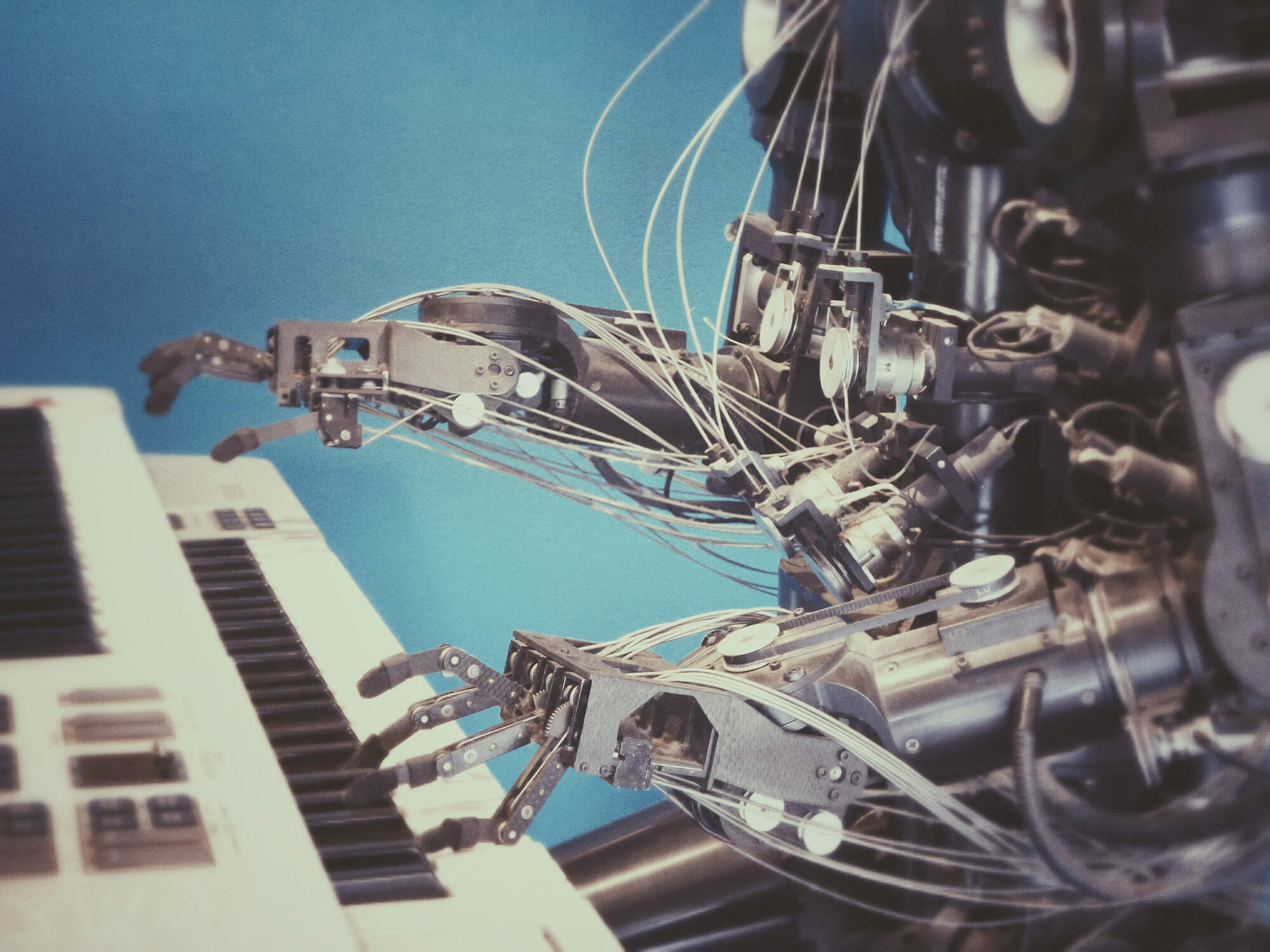When I first realised you could make a vocation out of being able to draw a bit, and liking some of the ads more than the shows – and one of these career options was called graphic design – I can remember one of my wise old uncles dispensing some sagely advice to the young Stephen who was considering this career path.
“I dunno why you’re bothering with that lark. Computers will be doing all that soon.”
### 1987.
The first studio I worked at had two of Steve Jobs’ little beige boxes in the corner. They were Apple Macintosh SE’s. Brand spanking new and top of the line. They were attached to external monitors called MegaScreens which gave you an extended black and white canvas to work on. Not greyscale. Just black. And white.
One of them was attached to another monochrome device. An enormous Agfa scanner that weighed a ton and sounded like a Chinnook landing when it was doing its thing. An Apple LaserWriter II completed this scene of futurism.
The world of desktop publishing, as it was irritatingly called, was something of a curiosity at the time. But soon enough, the drawing boards and parallel motions and set squares and Rotring rapidographs would start to look like antiques and gradually fade away.
### The Mac became the daddy of the studio.
So, my uncle was right. Computers were ‘doing all that’. Thing was, you still needed creative people to push the pixels.
More than 30 years have passed since those days. The beige boxes got colourful, and more powerful, and then got metallic, but ideas still germinate in the minds of creative people.
But as our industry has started to look much more like a science than an art form in recent years, two pairs of words loom large.
### Machine learning and artificial intelligence.
I’ve always been a bit of a sci-fi fan and the concept of sentient machines has always been a rich source of inspiration for writers. Many science fiction concepts have actually been borne out as actual fact.
‘Star Trek’ predicted the flip phone way back in the sixties. ‘Minority Report’ featured facial recognition in advertising way ahead of time and of course Siri and Alexa bear a striking resemblance to Mother on the USCSS Nostromo in Sir Ridley Scott’s ‘Alien’.
But what of creativity and ideas? Will machines ever be able to write an ad campaign? If they do, will they work in teams? Will they go to the pub on a Friday? Will they develop the ability to procrastinate? So many unanswered questions.
### Truth is, I really hope machines can contribute to the process.
I type thousands and thousands of words into this laptop. What if it could learn how I write? What if if could mimic my style? What if it could interpret a laborious copywriting job. 10,000 words of web content for instance.
What if my laptop could break the back of that work for me based on ‘knowing how I write’? So I could concentrate on refining the end product and move on to something more cerebral. I’d welcome that with open arms.
I don’t see a time where machines are writing ads. Or poems. Or plays. Or sonnets. Or songs. Etc. At least not with any degree of laudability.
### Kraftwerk don’t count.
I do see a time where machines are doing more and more of the long, laborious, repetitive work we all have to do, but don’t long to do.
### Can someone please invent a PowerPoint robot?
Futurist Gerd Leonhard, whose recent book “(link: http://www.techvshuman.com text: Technology vs Humanity)” raises important ethical questions around the rapid progress of certain technologies, said “if you can describe your job, it can be automated.”
I think he’s right. If you are spending the majority of your time creating things that can’t be seen in advance, I think you’re pretty much safe.
If you’re hiding behind grunt work though, look out. The machines are coming!
